
Collisions High School is a system of digital games, grounded in the rules of chemistry, that can be used to introduce, teach, and review key concepts in your chemistry classroom. Collisions High School is currently available on web, iPad, and Android tablets with a free account.
What makes Collisions High School unique?
Collisions makes abstract concepts tangible by allowing students to visualize and manipulate the building blocks of matter.
Collisions provides a safe space to make mistakes and learn by introducing content through gameplay.
Collisions easily integrates into your curriculum with 8 robust games and a library of supporting resources.
The games
Atoms game![]()
Build a series of atoms of increasing radii by placing protons in the nucleus and electrons in atomic orbitals while discovering fill order.
Resources to get you started:
- Teacher Quick Start: Atoms game
- Teacher Game Guide: Atoms game
- Student Quest: Atoms game
- Student Check for Understanding: Atoms game
- View our full resource library here
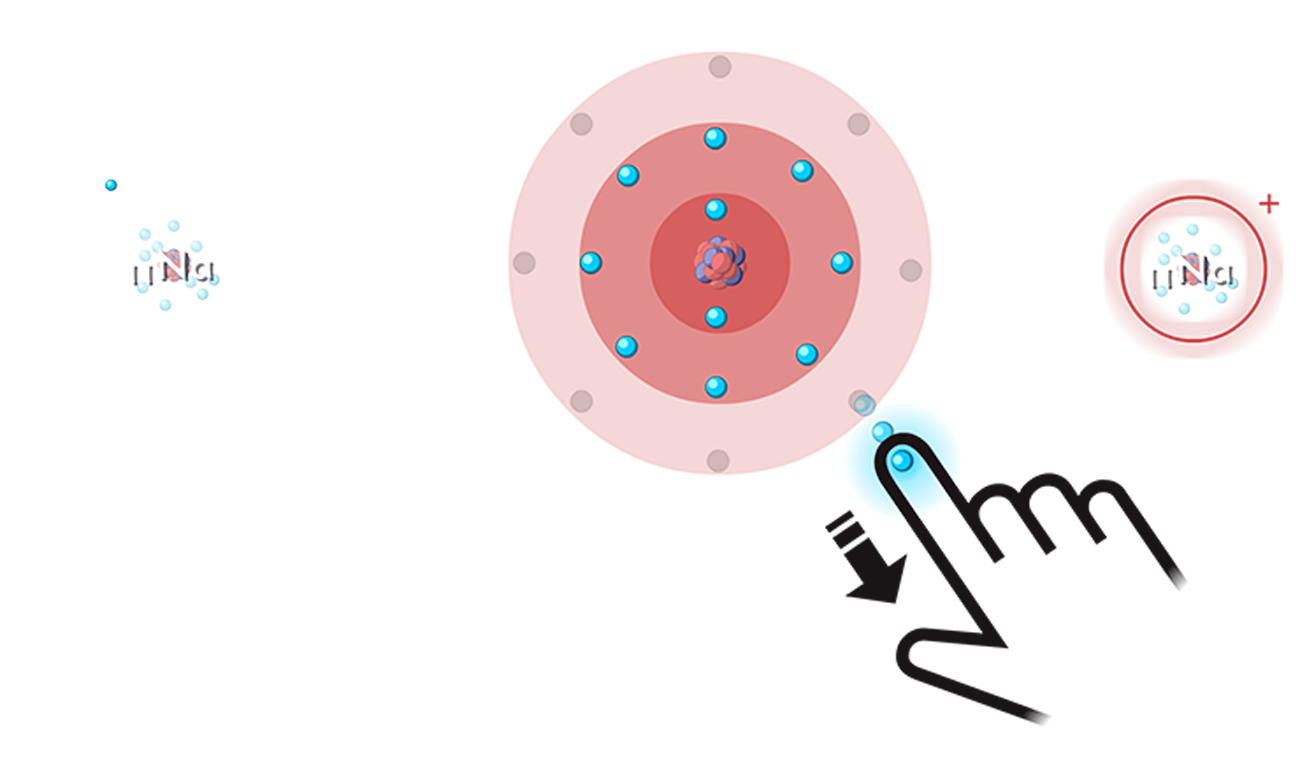
Ions game![]()
Form stable ions by attempting to add or remove electrons from any energy level while monitoring ionization energies.
Resources to get you started:
- Teacher Quick Start: Ions Game
- Teacher Game Guide: Ions Game
- Student Quest: Ions Game
- Student Check for Understanding: Ions Game
- View our full resource library here
Covalent Bonding game![]()
Build molecules with target geometries by bonding atoms while exploring the relationship between electronegativity and bond polarity.
Resources to get you started:
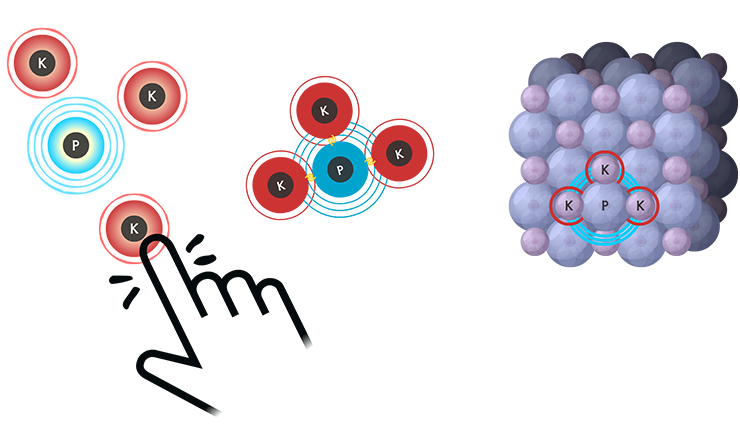
Ionic Bonding game![]()
Build ionic compounds of specific target ratios using monatomic and polyatomic ions of various charges.
Resource to get you started:
Intermolecular Forces game![]()
Create LDF’s, dipole-dipoles, and hydrogen bonds by using single atoms or bonding atoms to form polar and nonpolar molecules.
Resources to get you started:
- Teacher Quick Start: IMFs
- Teacher Game Guide: IMFs
- Student Quest: IMFs
- Student Check for Understanding: IMFs
- View our full resource library here
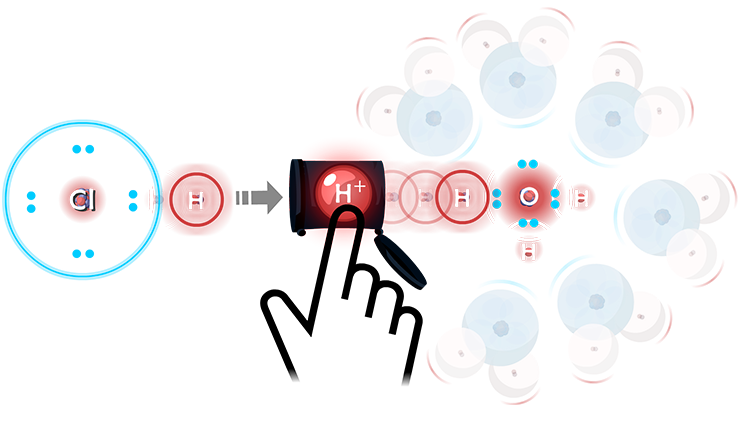
Acids & Bases game ![]()
Attempt to add and remove protons from acids and bases to create target ions and molecules while differentiating between strong and weak acids.
Resources to get you started:
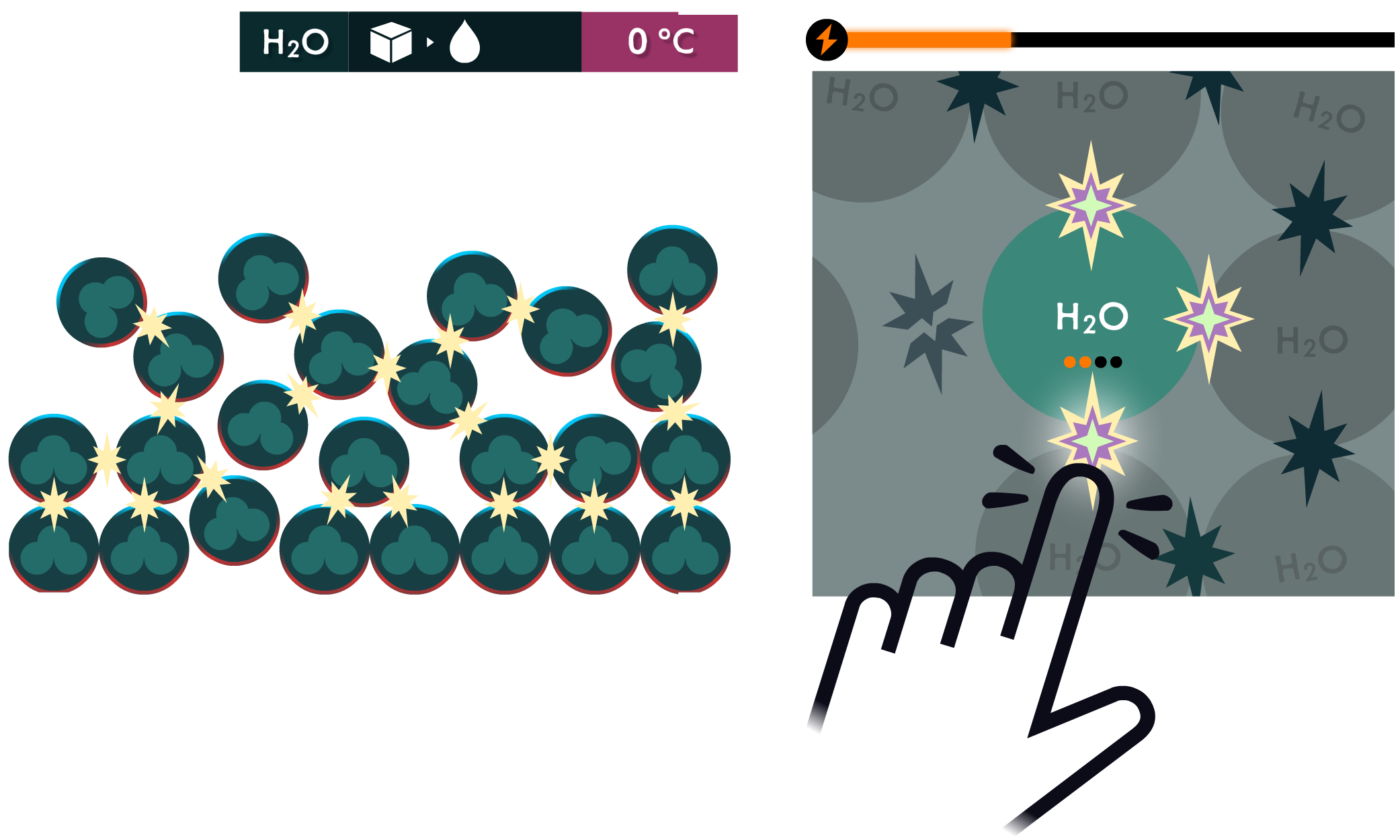
Phase Change game![]()
Cause phase changes in target sequences by adding or removing energy to affect particle motion and to break and form intermolecular forces.
Resources to get you started:
Currently available on iPad, Android Tablets, and the web with a free account.
Developed with teachers in mind
Use Collisions your way
Designed as interconnected modules, Collisions can be used flexibly in a flipped classroom, to introduce a lesson, and for extra practice or homework.
Reach the entire class
Collisions couples immersive play with immediate and meaningful feedback to engage students of varying skill and interest levels.
Access meaningful data
A teacher portal allows access to performance data to quickly identify students’ successes and challenges as well as their progress.






